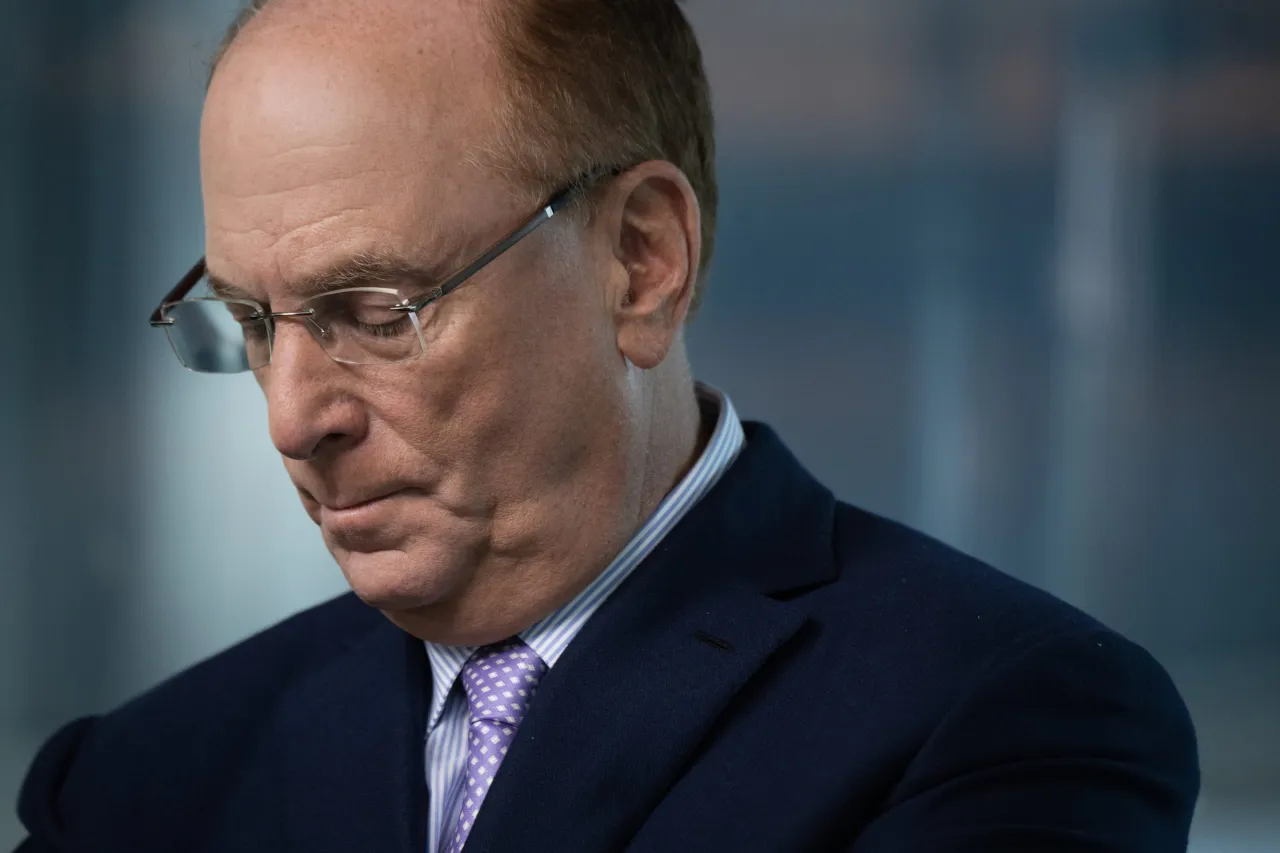BlackRock CEO Larry Fink, a key player in the global financial industry, recently remarked that nearly everyone he speaks with is more anxious about the economy than at any time in recent memory. His statement reflects growing concerns among business leaders, policymakers, and everyday consumers about economic uncertainty, inflationary pressures, and geopolitical instability.
Why Is Economic Anxiety on the Rise?
Economic anxiety is being fueled by several key factors that impact both the financial markets and daily life. Here are some of the primary contributors to the current climate of uncertainty:
1. Persistent Inflation and Interest Rate Uncertainty
Despite efforts by central banks to control inflation, prices remain high for essentials like food, housing, and energy. The Federal Reserve and other global financial institutions have kept interest rates elevated to curb inflation, making borrowing more expensive and slowing economic growth. Businesses and consumers alike are feeling the squeeze, adding to widespread concerns.
2. Market Volatility and Recession Fears
Stock markets have been experiencing significant fluctuations due to fears of an economic slowdown. Investors remain on edge as analysts debate the likelihood of a recession. While some indicators suggest resilience in the job market and consumer spending, corporate earnings reports and GDP growth forecasts paint a mixed picture.
3. Geopolitical Tensions and Global Supply Chain Disruptions
Ongoing conflicts, trade disputes, and supply chain disruptions have heightened economic uncertainty. The war in Ukraine, tensions between the U.S. and China, and instability in key regions have created ripple effects in global trade, energy supplies, and commodity markets.
4. Rising National Debt and Fiscal Policy Concerns
Governments worldwide are grappling with growing national debt and budget deficits. In the U.S., debates over spending, taxation, and the debt ceiling have added another layer of uncertainty. Fiscal policy decisions in the coming years will be critical in shaping economic stability.
How Business Leaders Are Responding
CEOs and corporate executives are adjusting their strategies to navigate the uncertain economic landscape. Some key responses include:
- Cost-cutting measures: Many companies are reducing operational expenses and slowing hiring to prepare for potential economic downturns.
- Investment in resilient sectors: Firms are focusing on sectors that tend to perform well during economic downturns, such as healthcare, utilities, and technology.
- Strengthening supply chains: Businesses are working to diversify their supply chains to reduce dependency on specific regions that may be affected by geopolitical instability.
What This Means for Everyday Consumers
Economic anxiety isn’t limited to business leaders—it’s also impacting households worldwide. The cost of living remains high, homeownership is becoming increasingly unaffordable, and job market uncertainty is affecting career stability. Consumers are adapting by:
- Cutting discretionary spending
- Seeking higher wages or side income streams
- Delaying major financial decisions, such as purchasing a home or making large investments
The Road Ahead
While economic uncertainty remains high, some experts believe that cooling inflation, stable employment levels, and technological advancements could help stabilize markets in the long run. However, much depends on how central banks, governments, and businesses adapt to ongoing challenges.
Larry Fink’s comments serve as a warning that while financial markets and economies have faced turbulence before, the combination of current pressures is creating a uniquely anxious environment. As global leaders and financial institutions navigate these challenges, businesses and consumers alike must stay informed and prepared for continued economic shifts.




